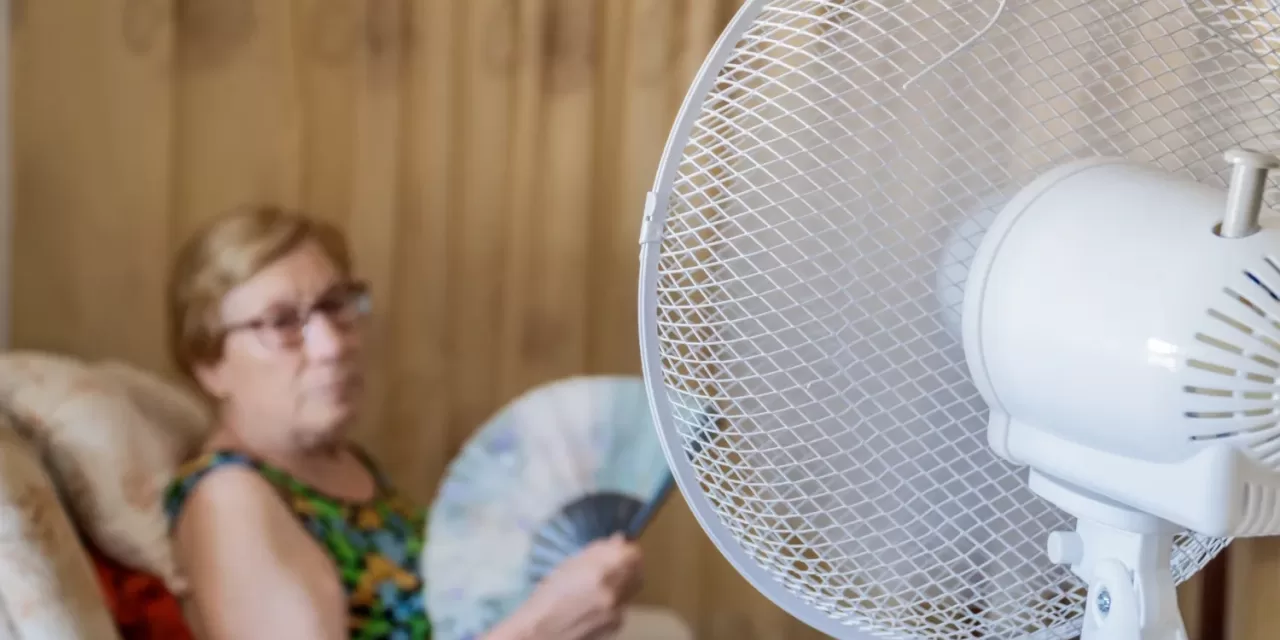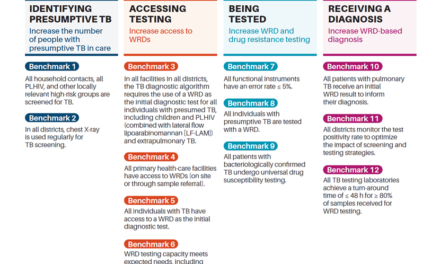SYDNEY/MONTREAL – As temperatures rise, finding ways to stay cool is crucial, especially for older adults who are more vulnerable to heat stress. New research indicates that a common cooling tool, the electric fan, can significantly reduce heart strain in older individuals during hot and humid weather, potentially contradicting some existing public health advice. However, the same study warns that fans can dangerously increase cardiac stress in very hot and dry conditions.
The study, a collaboration between the University of Sydney and the Montreal Heart Institute and published in the prestigious New England Journal of Medicine, investigated the effectiveness of low-cost cooling strategies for seniors, including those with heart disease. Funded by the National Health and Medical Research Council (NHMRC), the research specifically looked at using electric fans, both with and without spraying water on the skin (skin wetting).
Researchers exposed older participants to two distinct environments in a controlled setting:
- Hot and Humid: 38°C (100.4°F) with 60% humidity.
- Very Hot and Dry: 45°C (113°F) with 15% humidity.
Under hot and humid conditions, the use of a fan, particularly when combined with wetting the skin, was found to effectively reduce the strain placed on the heart by the heat. This finding offers a potentially life-saving, low-cost option for many seniors.
However, the results were starkly different in the very hot and dry environment. In these conditions, using a fan without skin wetting actually worsened the situation, tripling the increase in cardiac strain. Researchers noted this level of strain could be fatal for someone with underlying heart disease. Interestingly, simply wetting the skin proved effective at reducing heart strain in these dry conditions, even without a fan running directly on the person, though fan use with skin wetting was still beneficial compared to no intervention.
Experts involved in the research acknowledge that while air conditioning is a primary defence against extreme heat, its cost and availability can be barriers, especially for vulnerable groups like the elderly or those with chronic health issues. They expressed encouragement that simple, affordable alternatives like targeted fan use and skin wetting have now been shown to be effective under specific circumstances.
The study underscores the critical importance of understanding the type of heat—humid versus dry—when choosing a cooling strategy. This research provides vital information to help older adults, their families, and caregivers make informed decisions to stay safe during increasingly frequent and intense heatwaves.
Disclaimer: This news article is based on information from a specific scientific study published in the New England Journal of Medicine. It is intended for informational purposes only and does not constitute medical advice. Older adults, individuals with heart conditions, or anyone concerned about heat safety should consult with a qualified healthcare professional for personalized guidance and recommendations. Official recommendations from public health bodies should also be considered.












